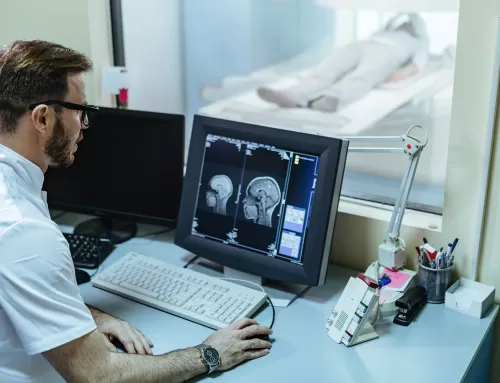TABLE OF CONTENT
Cognitive biases are unconscious inaccuracies in thinking that cause you to misinterpret data from your environment and impair the rigour and precision of your decisions and judgments. Conversely, biases are unconsciously occurring, automatic processes that speed up and improve decision-making effectiveness.
Human Brain and Cognitive Bias
Although powerful, the human brain has its limits. Heuristics (mental shortcuts), social pressures, and emotions are few of the factors that can contribute to biases.
Thus, your brain tries making information processing as simple as possible, frequently resulting in cognitive biases. Biases frequently serve as generalisations that facilitate quick decision-making and aid in making sense of the world.
- A few of these biases have to do with memory. For various reasons, the way you recall an event may be biased, resulting in biased thinking and decision-making.
- Additional cognitive biases could influence attentional issues. People must be careful about what they pay attention because attention is a finite resource.
As people age, their cognitive flexibility may become less, which could increase this bias. Because of this, unnoticeable biases may infiltrate your thinking and affect how you perceive the world.
Signs of Cognitive Bias
Cognitive bias is present in everybody. Although it may be simpler to identify in others, it is crucial to understand that it can also impact your thinking. The following are some indications that you might be subject to this bias:
- Only read subjects and news articles that support your beliefs.
- Imputing responsibility for negative outcomes to outside forces.
- Ascribing personal credit for your achievements while blaming others’ success on luck.
- Assuming that other people share your beliefs or opinions.
- Assuming you know everything after learning only a little about the subject
You like to believe that you are unbiased, logical, and able to take in and evaluate all the information available to you when making decisions and choices about the world around you. But unfortunately, sometimes, these biases lead us to make bad decisions.
Care to learn more? Feel free to contact us!




